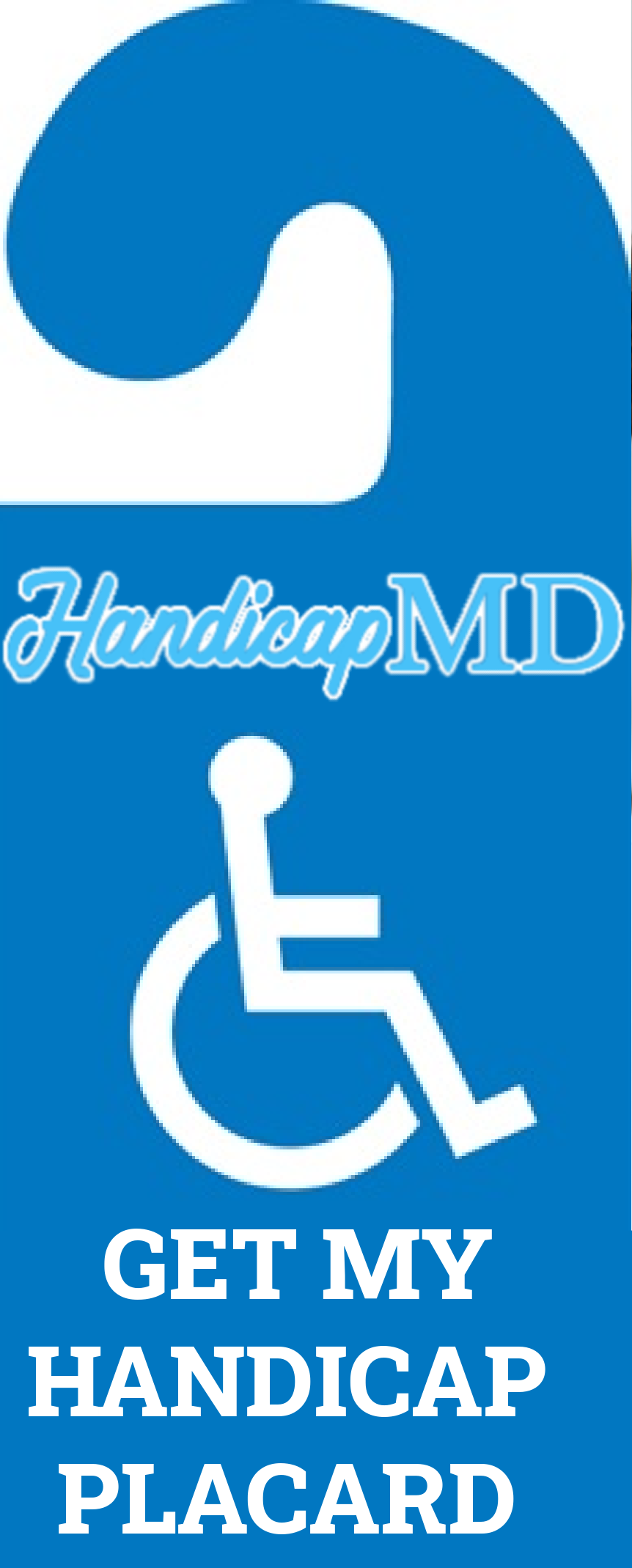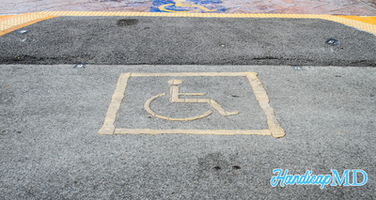
Understanding the Eligibility Criteria for a Handicap Placard in Connecticut
Navigating the eligibility criteria for obtaining a handicap placard in Connecticut can be daunting. However, understanding the process is crucial for individuals seeking necessary support and accommodations. This comprehensive guide aims to demystify the requirements, offering insights into the application process and the advantages of acquiring a disability tag.
Introduction
Disability tags, often referred to as handicap placards or permits, play a crucial role in providing accessibility and support to individuals with disabilities. These tags allow for preferred parking spaces, easier access to buildings, and other accommodations to facilitate daily activities.
Importance of Handicap Placards
For individuals with disabilities, having a disabled parking permit can significantly enhance their quality of life. It grants them access to designated parking spaces closer to entrances, reducing the physical strain of navigating parking lots and improving accessibility to essential services and facilities.
Understanding Handicap Permits in Connecticut
In CT, disability tags are issued to individuals who meet specific eligibility criteria outlined by the Department of Motor Vehicles (DMV). These criteria primarily focus on the nature and extent of the disability.
Eligibility Criteria
To qualify for a Connecticut handicap placard, individuals must have a documented disability that significantly impairs their mobility. This includes but is not limited to:
Physical Disabilities
Individuals with physical disabilities such as mobility impairments, amputations, or paralysis may qualify for a disability tag.
Cognitive Disabilities
Those with cognitive disabilities that substantially limit their ability to walk or navigate public spaces independently may also be eligible.
Mental Health Disabilities
Individuals with severe mental health conditions that impair their mobility or pose safety concerns may qualify for a disability tag.
Documentation Required
Applicants must provide medical documentation supporting their disability from a licensed healthcare professional. This documentation should outline the nature of the disability and its impact on mobility.
Application Process
The application process for obtaining a disability tag in CT involves completing specific forms and providing necessary documentation to the DMV.
Forms and Documents Needed
Applicants must fill out the Disability Parking Placard Application form, which can be obtained from the DMV website or local DMV offices. Additionally, they need to submit medical documentation confirming their disability.
Submission Process
Once the application and supporting documents are completed, they can be submitted either in person at a DMV office or by mail to the address provided on the application form.
Evaluation Process
After receiving the application and supporting documentation, the DMV conducts a thorough review to determine eligibility for a disability tag.
Review by Medical Professionals
Medical professionals employed by the DMV may review the applicant's medical documentation to assess the severity of the disability and its impact on mobility.
Decision Making
Based on the review, the DMV makes a decision regarding the applicant's eligibility for a disability tag. If approved, the tag is issued to the applicant.
Renewal Process
Disability tags in CT are typically valid for a specified period, after which they must be renewed. The renewal process involves submitting updated medical documentation to the DMV.
Benefits of Having a Disabled Parking Permit
Having a handicap placard provides numerous benefits, including access to designated disabled parking spaces, improved mobility in public areas, and increased independence for individuals with disabilities.
Challenges in Obtaining a Disabled Placard
Despite the benefits, there are challenges in obtaining a disability tag, including the requirement for extensive documentation and the potential for lengthy processing times.
FAQs (Frequently Asked Questions)
How long does it take to receive a disability tag in CT? The processing time for a disability tag application varies but typically ranges from a few weeks to a couple of months, depending on the volume of applications and the completeness of documentation.
Are there renewal requirements for disability tags in CT? Yes, disability tags in CT require periodic renewal, usually every few years. Renewal ensures that individuals' medical conditions are regularly assessed to determine ongoing eligibility.
Can I use my CT disability tag in other states? While some states offer reciprocity for disability tags issued in CT, it's essential to check the specific regulations of each state before using the tag outside of CT.
Is there a fee associated with obtaining a disability tag in CT? The DMV may charge a nominal fee for processing disability tag applications in CT. However, certain individuals may be eligible for fee exemptions based on their circumstances.
Can I transfer my disability tag to another vehicle? Yes, disability tags in CT are transferable between vehicles registered to the same individual. However, it's essential to notify the DMV of any changes to vehicle registration promptly.
What happens if my disability tag is lost or stolen? In the event of a lost or stolen permit, individuals should contact the DMV immediately to report the incident and request a replacement tag.
Conclusion
Understanding the eligibility criteria for a handicap placard in Connecticut is paramount for individuals seeking vital support and accommodations. By navigating the application process and leveraging the benefits of a disability tag, individuals can enhance their mobility and independence, advocating for accessibility and inclusivity within their communities.
.png)






